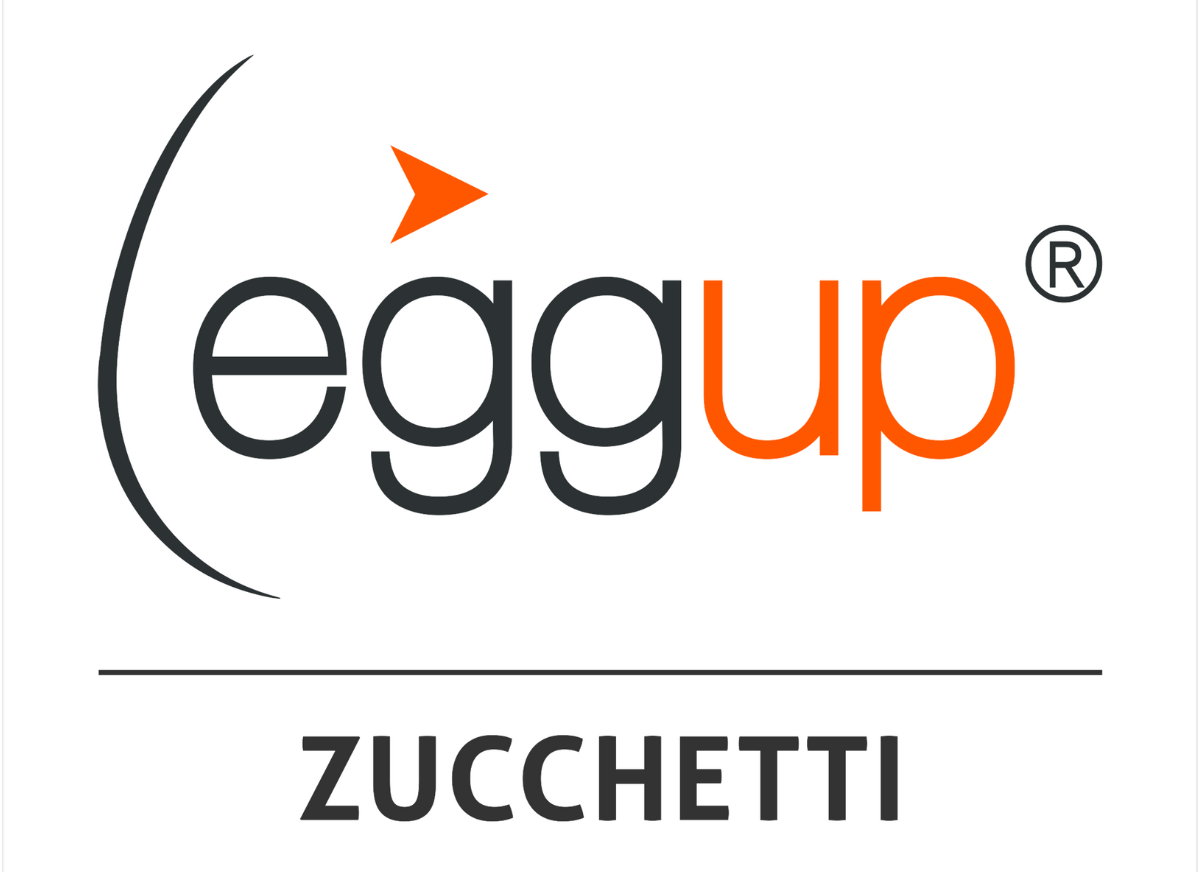 Until a few years ago, it was known only to insiders; today, the term “coaching” is increasingly popular. And while it is true that it mostly remains the prerogative of human resources specialists, it is equally true that an application for “coaching” is emerging louder and louder from the bottom. To better understand this phenomenon, we met Sabrina Colombo, certified coach but also, at the same time, manager and entrepreneur.
Until a few years ago, it was known only to insiders; today, the term “coaching” is increasingly popular. And while it is true that it mostly remains the prerogative of human resources specialists, it is equally true that an application for “coaching” is emerging louder and louder from the bottom. To better understand this phenomenon, we met Sabrina Colombo, certified coach but also, at the same time, manager and entrepreneur.
Sabrina, let’s start from your background: how do these different components hold together?
Professionally speaking, my career has developed in the wake of corporate leadership, particularly in the field of products for children. Some time ago, I did some coaching, as a client, and I literally found out a new world. I’ve always paid great attention to personal relationships in the workplace. Coaching gave me the opportunity to gain a better understanding of myself and of my potential in terms of relationships and allowed me to give even more value to my relationship with others, especially when managing people and thus the business.
Do you think coaching will continue to “speak” much longer or we are looking at a passing fad?
We live and work in an extremely fast-moving scenario. We need to be quick-witted. And – let’s not forget – we are facing every day a mature market scenario, with low growth force. This means that the daily life of business is very complex. I say all this to make it clear that the strength of being technically competent is no longer enough. You also need other features: balance, to be reasonably well centred within yourself, have good interpersonal skills, the ability to govern stressful situations, the ability to understand that adequate people management within the company is critical to the business. Otherwise, the complexity of daily business will become more and more difficult to deal with.
 Carlo Purassanta, country manager of Microsoft Italy, pointed out on our blog that one of the key characteristic that anyone who wants to bring about innovation in our country is resilience. Don’t you agree?
Carlo Purassanta, country manager of Microsoft Italy, pointed out on our blog that one of the key characteristic that anyone who wants to bring about innovation in our country is resilience. Don’t you agree?
Absolutely! The continuing difficult situation we are going through is apparent to all. Resilience is indispensable because it represents the capacity to cope with, and exit from an impasse. In particular, it is a form of very precious dynamism in a scenario like ours. It is a synonym of positivity, albeit being dictated by circumstances. And knowing how to deal with contingencies is the first characteristic of people who want to try to change things.
Speaking of changes, we know that you’re working on your business venture. Can you give us a sneak preview?
It’s still early … but I can tell you that I was able to pull together the personal and professional experiences that I have gained, as a manager, as coach and – above all – as a mother. A beautiful project will definitely come out of this!
 Fino a qualche anno fa era noto solo agli addetti ai lavori; oggi, il termine “coaching”, è invece sempre più diffuso. E se è pur vero che resta appannaggio principalmente dei “tecnici” delle Risorse umane, è altrettanto vero che sta nascendo dal basso una domanda di “coaching” sempre più forte. Per capire meglio questo fenomeno, abbiamo incontrato Sabrina Colombo, coach certificata ma anche, allo stesso tempo, manager e imprenditrice.
Fino a qualche anno fa era noto solo agli addetti ai lavori; oggi, il termine “coaching”, è invece sempre più diffuso. E se è pur vero che resta appannaggio principalmente dei “tecnici” delle Risorse umane, è altrettanto vero che sta nascendo dal basso una domanda di “coaching” sempre più forte. Per capire meglio questo fenomeno, abbiamo incontrato Sabrina Colombo, coach certificata ma anche, allo stesso tempo, manager e imprenditrice.
Sabrina, partiamo subito dal tuo percorso: come si tengono insieme tra loro queste diverse componenti?
Professionalmente la mia carriera si è sviluppata nel solco della dirigenza d’impresa, in particolare nel settore dei prodotti per l’infanzia. Qualche tempo fa ho fatto un percorso di coaching, in qualità di coachee, e ho letteralmente scoperto un mondo. Ho sempre curato a fondo le relazioni personali in ambito lavorativo. Il coaching mi ha dato modo di acquisire una maggiore consapevolezza di me e delle mie potenzialità in termini relazionali e mi ha permesso di dare ancora più valore al rapporto con gli altri, soprattutto nella gestione delle persone e quindi del business.
 A tuo avviso di coaching si continuerà a parlare ancora a lungo o siamo di fronte a una moda passeggera?
A tuo avviso di coaching si continuerà a parlare ancora a lungo o siamo di fronte a una moda passeggera?
Viviamo e lavoriamo in un scenario estremamente veloce. Occorre prontezza d’azione. E – non dimentichiamolo – affrontiamo ogni giorno uno scenario di mercato maturo, a bassa intensità di crescita. Questo significa che la quotidianità del business è molto complessa. Dico tutto questo per far capire che ormai la solidità della preparazione tecnica non basta più. Servono anche altre caratteristiche: l’equilibrio, una certa centratura personale, la capacità di relazione, la capacità di governare situazioni di stress, la capacità di comprendere che la gestione adeguata delle persone in azienda è fondamentale per il business. Altrimenti, la complessità quotidiana del business diventerà sempre più difficile da affrontare.
 Carlo Purassanta, il country manager di Microsoft Italia, proprio al nostro blog, ha evidenziato che una delle caratteristiche fondamentali di chi vuole innovare nel nostro Paese è la resilienza. Sei d’accordo?
Carlo Purassanta, il country manager di Microsoft Italia, proprio al nostro blog, ha evidenziato che una delle caratteristiche fondamentali di chi vuole innovare nel nostro Paese è la resilienza. Sei d’accordo?
Assolutamente sì. Il perdurare della situazione di difficoltà che attraversiamo è sotto gli occhi di tutti. La resilienza è una caratteristica indispensabile perché rappresenta la capacità di fronteggiare ed uscire da una situazione di stallo. In particolare, è una forma di dinamismo preziosissima in uno scenario come il nostro. E’ un sinonimo di positività, seppure dettato dalla contingenza. E saper affrontare la contingenza è la prima caratteristica di chi vuole provare a cambiare le cose.
A proposito di cambiamenti, sappiamo che stai lavorando a una tua iniziativa imprenditoriale. Puoi svelarci qualche dettaglio?
E’ ancora presto… ma posso anticipare che sono riuscita a mettere insieme le esperienze personali e professionali che ho maturato, come manager, come coach e – soprattutto – come mamma. Ne verrà fuori un bel progetto!

